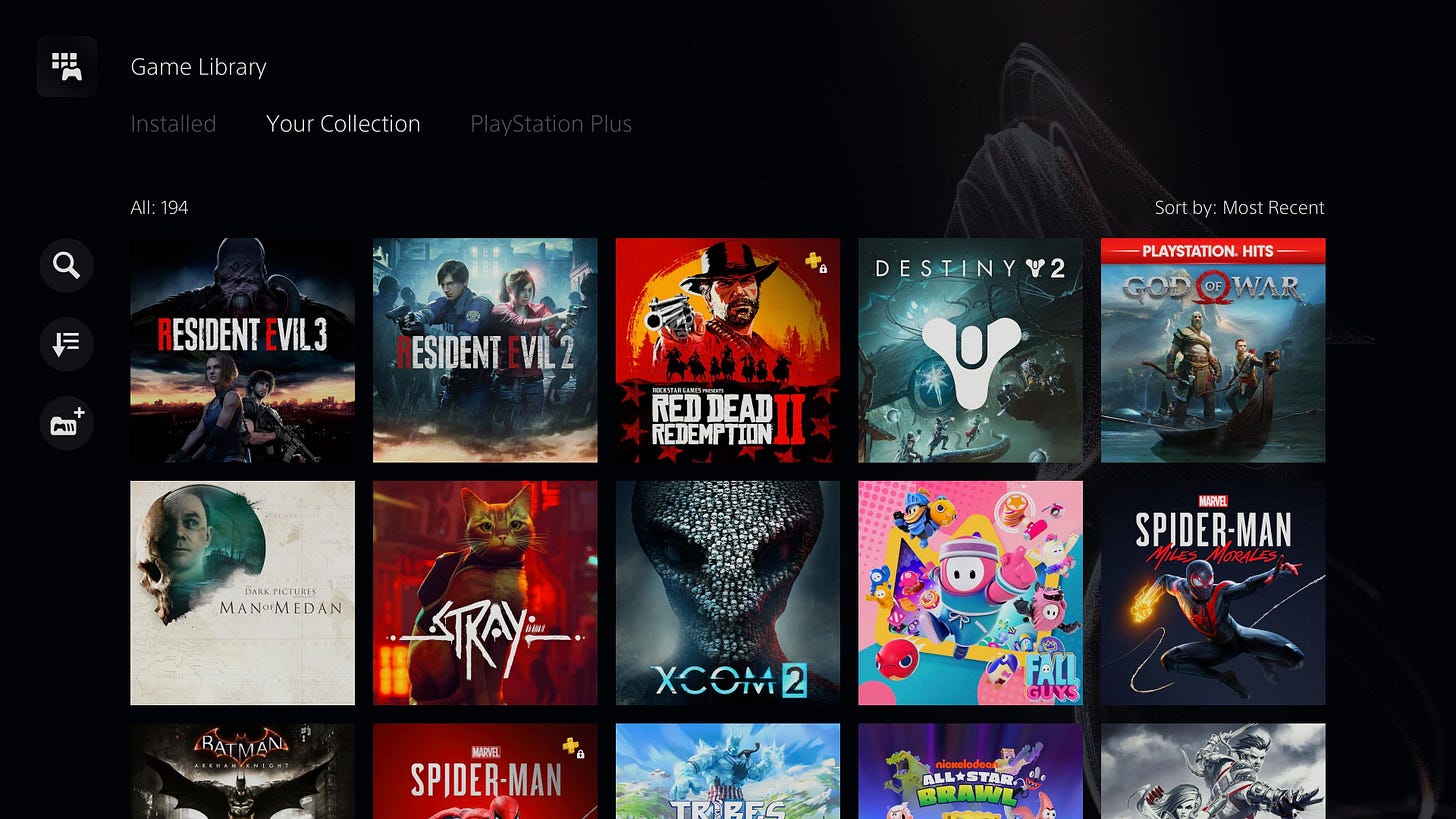Sony’s latest outage is a timely reminder of our fragile digital gaming rights
Right as Australia’s competition tsar is asking some fantastic questions adjacent to them.
It's unlikely Australia's competition watchdog, the ACCC, took notice of Sony's global outage a few weeks ago. But if they did, it could provide some insightful guidance for its latest inquiry where its touching on the murky framework that governs digital access to games.
Sony's PlayStation Network suffered a major outage in early February that lasted more than 24 hours. It disrupted online play, but crucially for me, cut access to games that required verification from the Sony network to run. So the outage effectively booted me and possibly millions of others around the globe out of the games they supposedly "owned".
Keep reading with a 7-day free trial
Subscribe to Infinite Lives to keep reading this post and get 7 days of free access to the full post archives.




